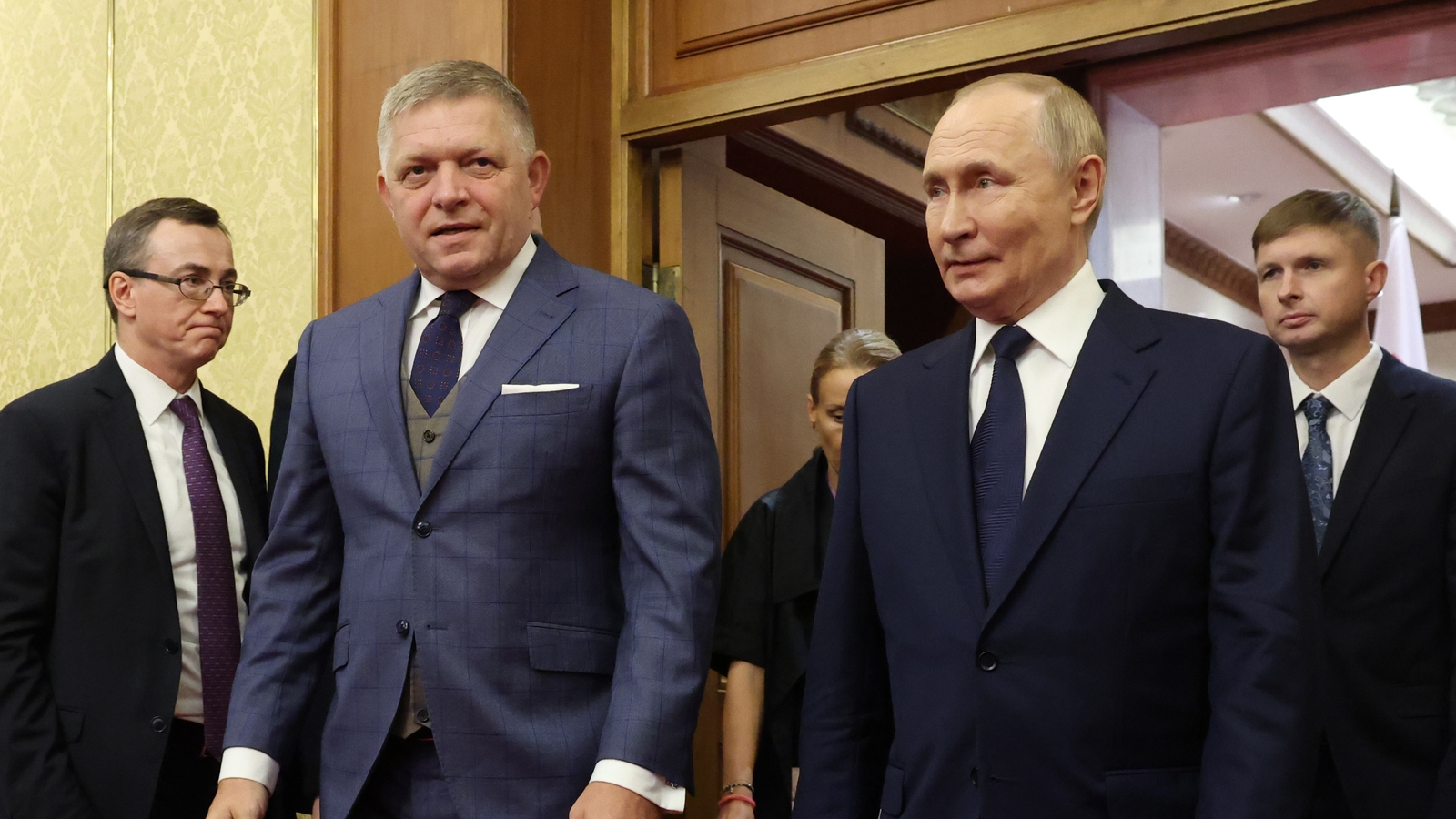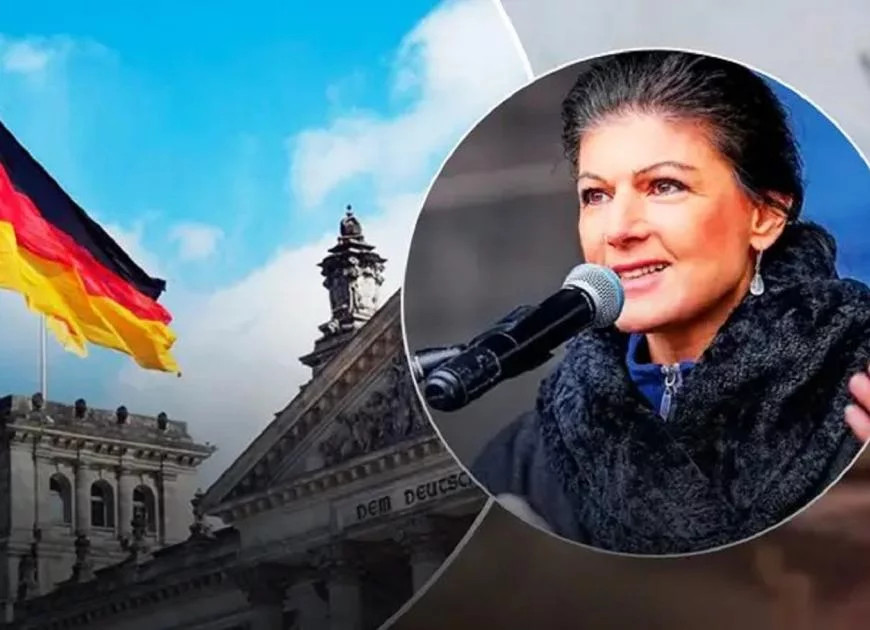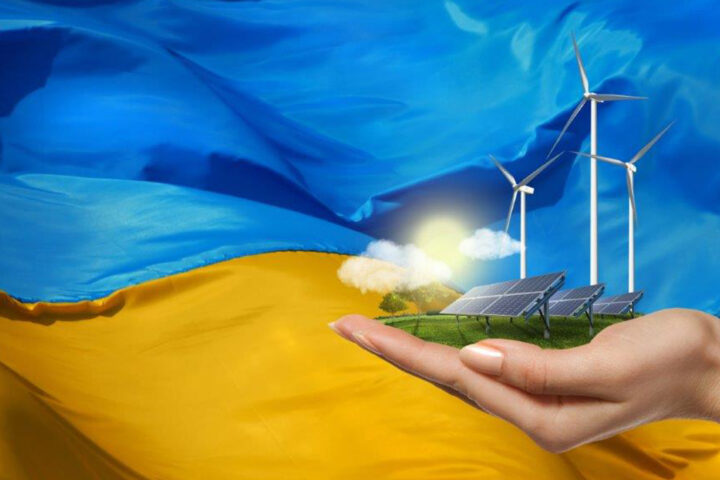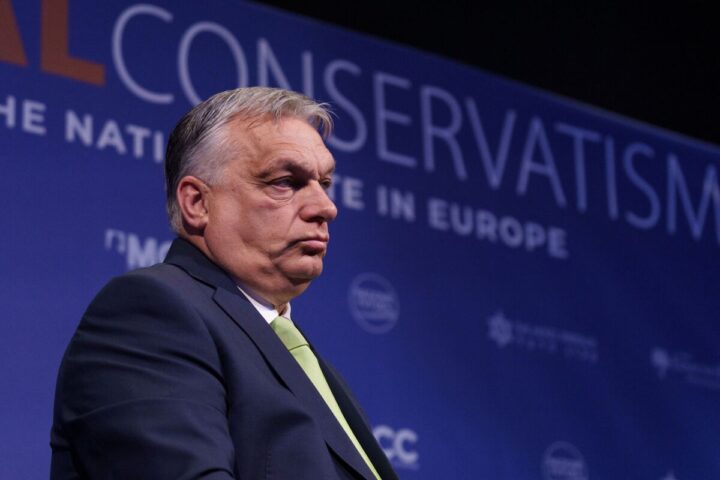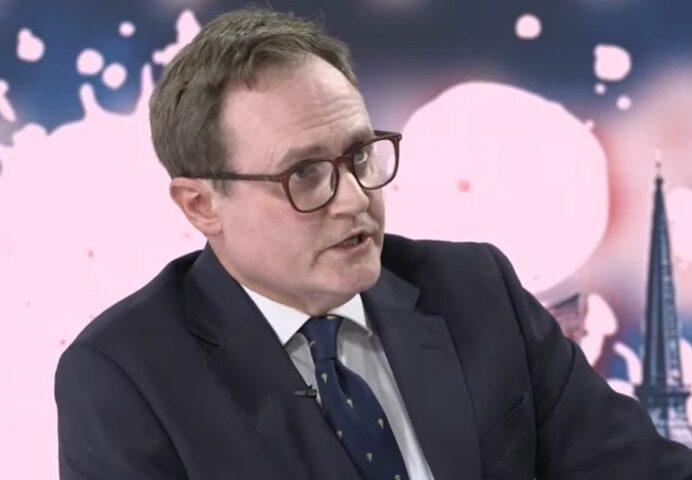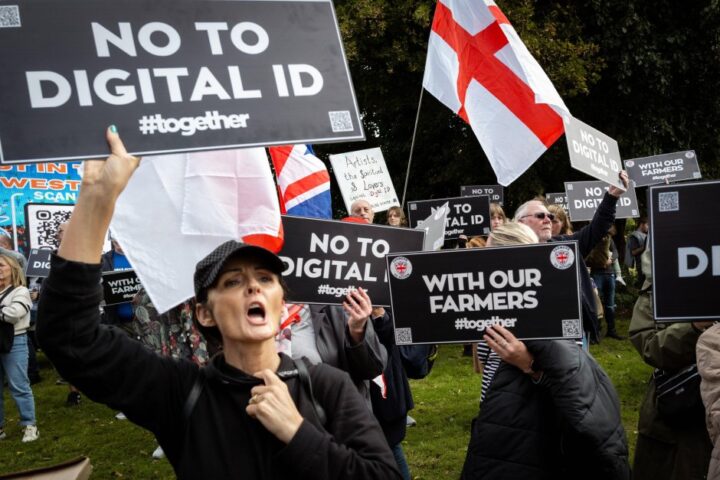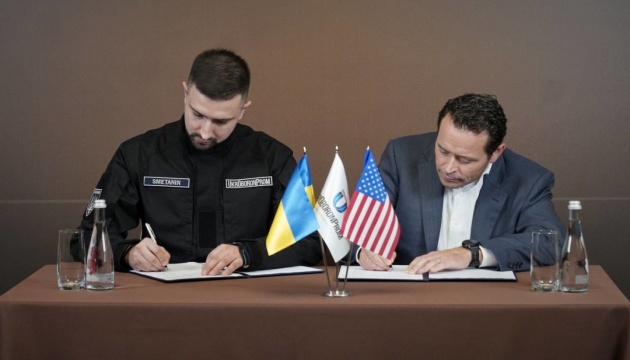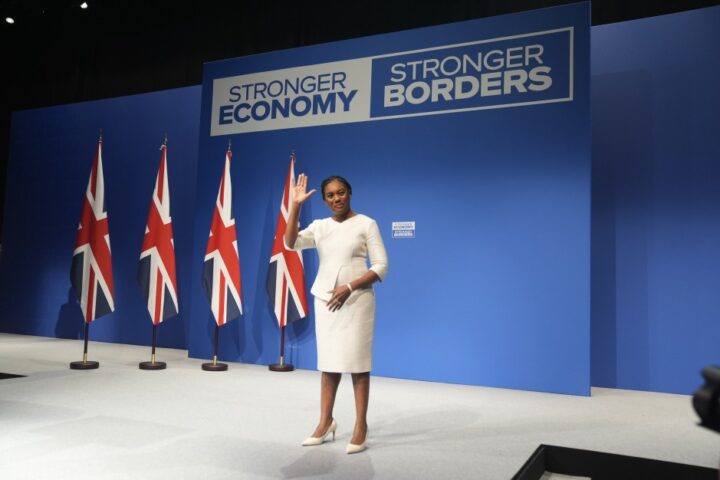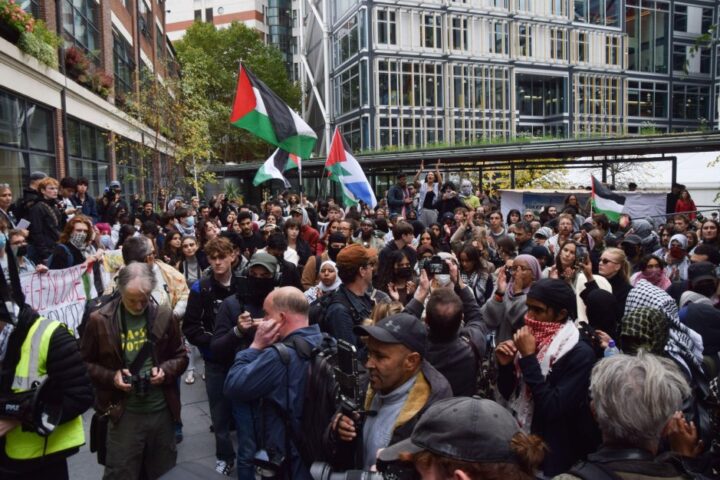Slovakia is holding up the approval of the European Union’s 19th package of sanctions against Russia and insists that the matter be discussed at the level of EU leaders. On October 7, 2025, Rikard Jozwiak, Europe editor of Radio Free Europe/Radio Liberty, reported that Bratislava is demanding a high-level debate on the sanctions package before approval. He noted that, while Hungary has lifted its veto on restricting Russian diplomats’ movement within the Schengen area, the overall sanctions package can only be adopted at the EU summit scheduled for October 23, 2025, due to Slovakia’s objections. Additional details were confirmed by Radio Free Europe/Radio Liberty.
Dispute over the 19th sanctions package
The 19th package of EU sanctions, approved by the European Commission on September 19, 2025, targets Russia’s cryptocurrency, banking, and energy sectors. It includes measures against 118 vessels from Russia’s so-called “shadow fleet,” a full ban on transactions with Rosneft and Gazpromneft, and a prohibition on importing Russian liquefied natural gas to EU markets starting January 1, 2027. The package also strengthens monitoring of traders and oil-refining companies suspected of sanction evasion.
However, Slovakia raised objections on September 26, 2025, particularly concerning measures related to energy and the automotive market. Vienna also pushed for the removal of restrictions on assets linked to Russian oligarch Oleg Deripaska to compensate Raiffeisen Bank’s losses in Russia — a proposal rejected by several member states.
Political maneuvering and energy dependence
The government of Robert Fico, who has repeatedly criticized anti-Russian sanctions as harmful to Slovakia’s economy, argues that restrictions on the Russian energy sector jeopardize the country’s stability due to its dependence on oil supplied via the Druzhba pipeline. Fico’s stance effectively reverses the diversification efforts initiated by the previous cabinet of Eduard Heger, which sought to reduce reliance on Russian energy.
Analysts note that Bratislava’s position serves Moscow’s interests by weakening EU unity. Each delay in sanction approval allows Russia additional time to adjust its economy and diminish the impact of EU measures.
A pattern of obstruction and coordination with Hungary
Bratislava’s insistence on debating the sanctions at the October 23 summit appears aimed at prolonging negotiations and leveraging its veto power for political or financial concessions. During discussions on the 18th sanctions package, Slovakia also blocked adoption, demanding guarantees related to the RePowerEU initiative, which foresees the full phaseout of Russian gas imports to Europe.
Slovakia often aligns with Hungary, which has previously used similar tactics to extract concessions during EU negotiations. The emerging Budapest–Bratislava axis poses a growing challenge to EU unity, as both governments exploit the consensus-based decision-making process to advance their national interests and signal openness to Moscow.
Broader implications for EU cohesion
Repeated delays and internal disputes over sanctions have fueled perceptions of division within the EU — a narrative actively exploited by the Kremlin to portray Europe as weakened and indecisive. The ongoing stalemate underscores the difficulty of maintaining unanimity in EU foreign policy, particularly when individual states leverage the consensus rule for domestic or geopolitical gain.
